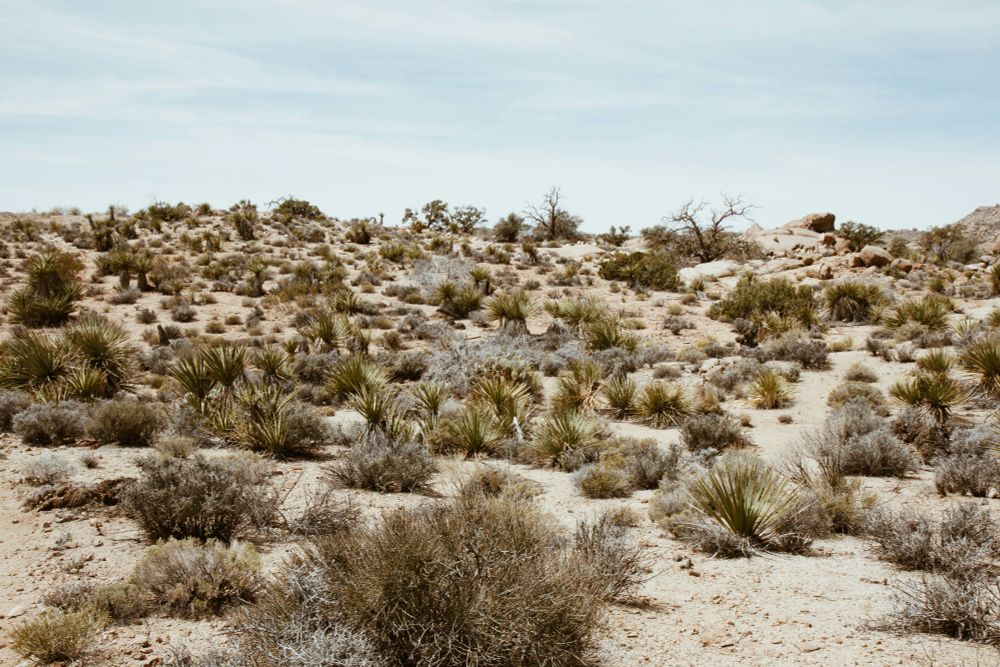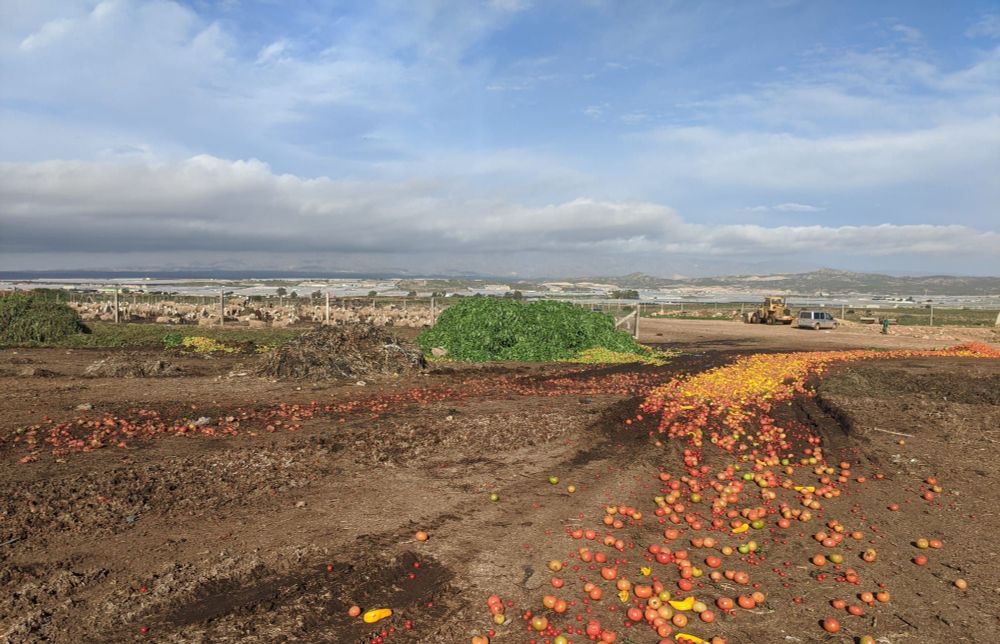




Cambridge Prisms: Drylands explores the ecology of biocrusts in the Arabian Peninsula, one of the most extreme and underexplored regions on Earth, their functions, knowledge gaps & potential for land restoration doi.org/10.1017/dry....

Cambridge Prisms: Drylands explores the ecology of biocrusts in the Arabian Peninsula, one of the most extreme and underexplored regions on Earth, their functions, knowledge gaps & potential for land restoration doi.org/10.1017/dry....
Join us to discuss plants across taxonomic, spatial and temporal scales! 🌿
Join us to explore how vegetation shapes #biodiversity and ecosystems worldwide!
📅 Call for Special Session proposals is now open: 15 Oct – 15 Nov 2025
👉 Details: gijon2026.iavs-meetings.org
#IAVS2026

Join us to discuss plants across taxonomic, spatial and temporal scales! 🌿








Drought intensity and duration interact to magnify losses in primary productivity | Science www.science.org/doi/10.1126/...
@stockholm-uni.bsky.social

Drought intensity and duration interact to magnify losses in primary productivity | Science www.science.org/doi/10.1126/...
@stockholm-uni.bsky.social






🗣️Nuestro compañero @migueldiazcarro.bsky.social echa la mirada hacia adelante en este problema y hacia el futuro, en la restauración, con la miranda en lo comunitario y escuchando a la ciencia
🔗 www.elsaltodiario.com/incendios-fo...

🗣️Nuestro compañero @migueldiazcarro.bsky.social echa la mirada hacia adelante en este problema y hacia el futuro, en la restauración, con la miranda en lo comunitario y escuchando a la ciencia
🔗 www.elsaltodiario.com/incendios-fo...
📅 Apr 13–15, 2026 | Thuwal, Saudi Arabia
A global gathering to reimagine how to feed the world without eating the planet
👉 Free registration & info: kaust.edu.sa/events/ffs26/

📅 Apr 13–15, 2026 | Thuwal, Saudi Arabia
A global gathering to reimagine how to feed the world without eating the planet
👉 Free registration & info: kaust.edu.sa/events/ffs26/
Nicely led by Luna McGill as part of her PhD at ICA @csic.es @cesarplaza.bsky.social @ftmaestre.bsky.social @manudelbaq.bsky.social
📖 doi.org/10.1016/j.ge...

Nicely led by Luna McGill as part of her PhD at ICA @csic.es @cesarplaza.bsky.social @ftmaestre.bsky.social @manudelbaq.bsky.social
📖 doi.org/10.1016/j.ge...

📖 doi.org/10.1016/j.ge...





Much needed review by @ftmaestre.bsky.social et al.



Much needed review by @ftmaestre.bsky.social et al.

